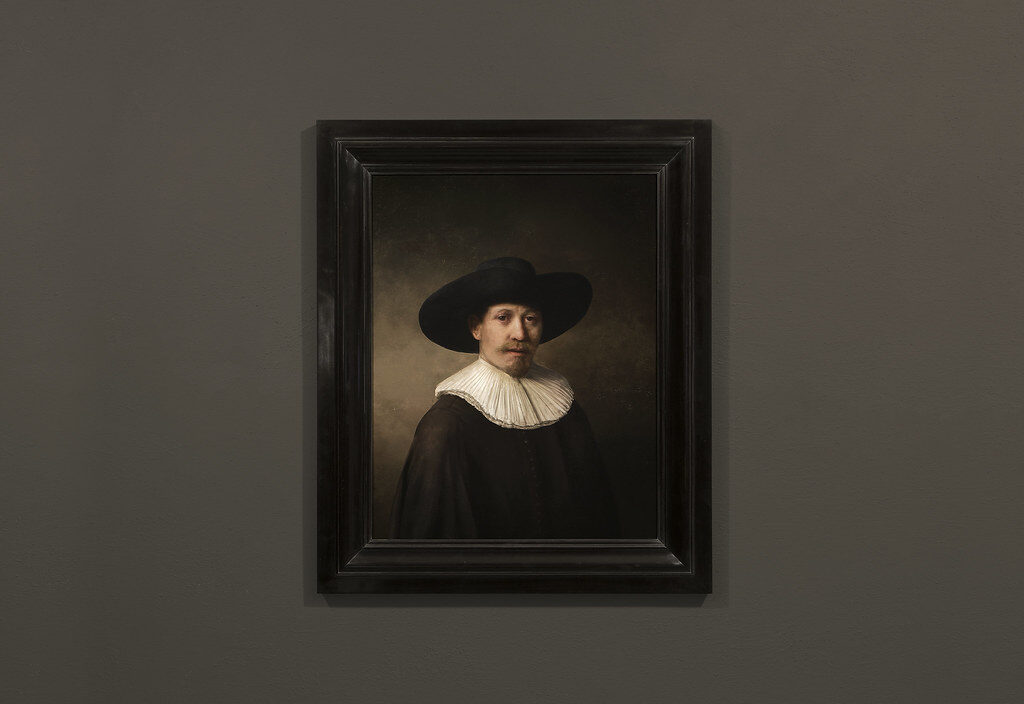
Artificial intelligence (AI), in the context of computer science, is a discipline and a set of cognitive and intellectual capacities expressed by computer systems or combinations of algorithms, the purpose of which is to create machines that imitate human intelligence to perform tasks, and that can improve as they collect more information. And now that artificial intelligence can create work on its own, what are the implications for copyright?
From a conceptual standpoint, artificial intelligence is taken to mean technology that is able to take decisions autonomously, on its own. The European Commission defined it as “systems that manifest an intelligent behaviour, as they are able to analyse their surroundings and take action - with a certain degree of autonomy - in order to achieve specific goals.” It emerged shortly after the Second World War with the development of the “Turing test”, while the term was coined in 1956 by the computer scientist John McCarthy at the Dartmouth conference.
AI can create animations or design characters’ clothing, hair or other details in a very short time. Pixar created “Midas Creature”, which automates this kind of animation work using Artificial Intelligence. In literary terms, there are hundreds of short stories written by ChatGPT with Midjourney illustrations. Google, through Deep Mind, is already composing music based on the recordings supplied to it. “Next Rembrandt” is computer-generated pictorial work printed in 3D, developed by a facial recognition algorithm that spent 18 months analysing data on all 346 known paintings by the Dutch artist.
Traditionally, copyright ownership has not been an issue: the programme was no more than a tool to assist in the creative process. However, advanced AI is now much more than a tool, taking many of the decisions associated with the creative process.
Is the creator of the artificial intelligence system an author? Should something created by algorithms be protected?
In most jurisdictions, only work created by a human being can be protected by copyright. And in Great Britain, a 1988 law determined that the person who created a work must be considered its author. However, linking the two concepts, this 1988 law, referring to computer-generated literary, dramatic, musical or artistic works also established that the person who made the “necessary arrangements” for their creation is to be considered their author. Ireland, India and South Africa have adopted similar solutions. Copyright is therefore assigned to the person who made the necessary arrangements for the machine to effectively create such works.
The debate is on. The concept of “original work” is increasingly arguable, as is the originality of intellectual creative work belonging to an author where the author is simply the person who enables the operation of artificial intelligence.